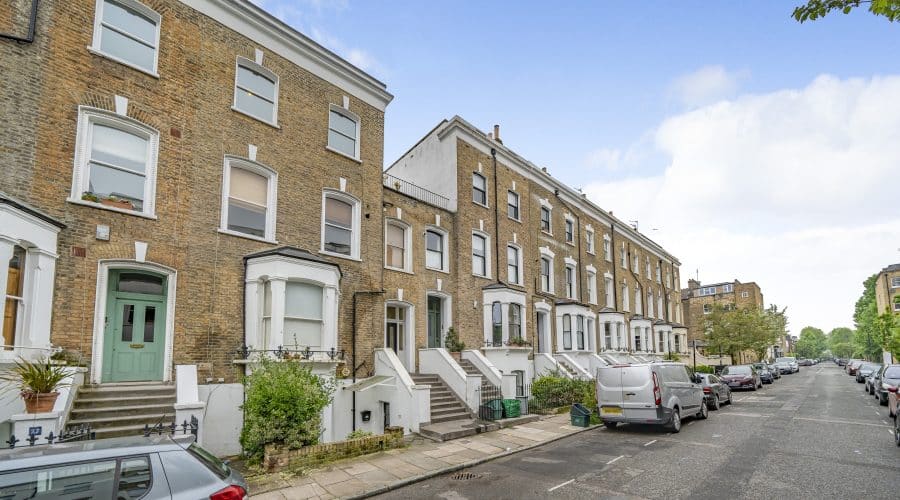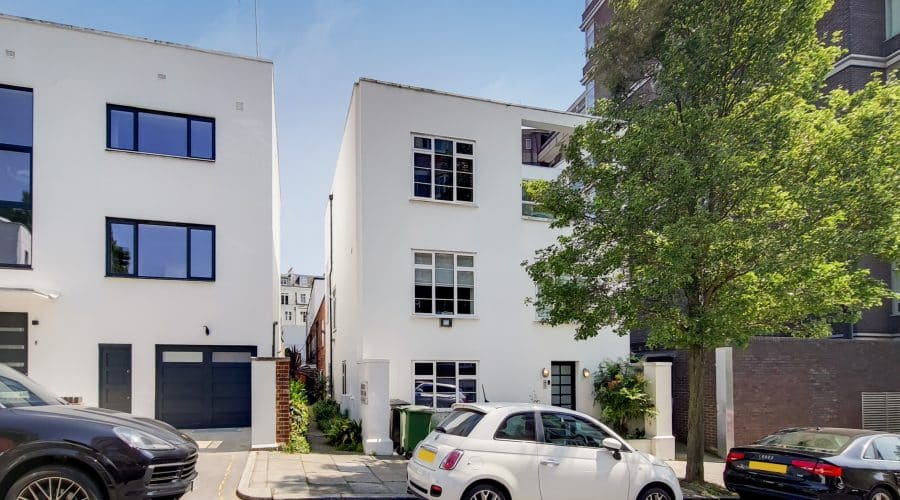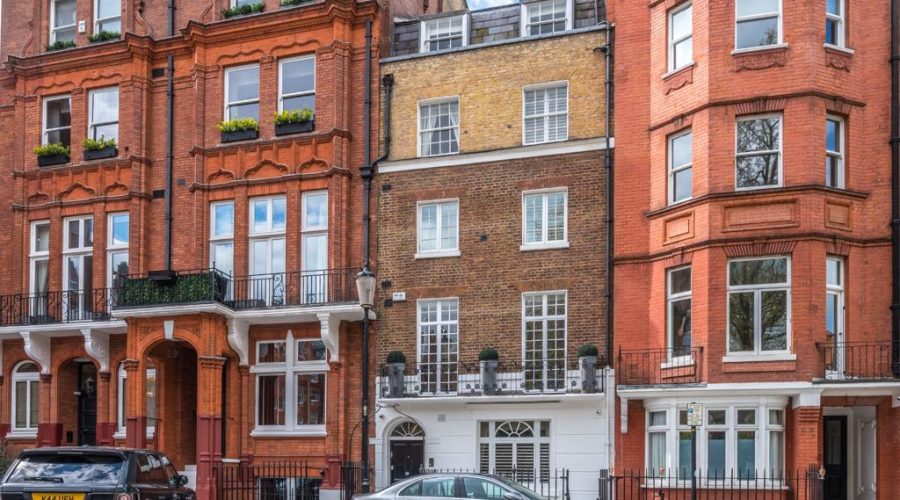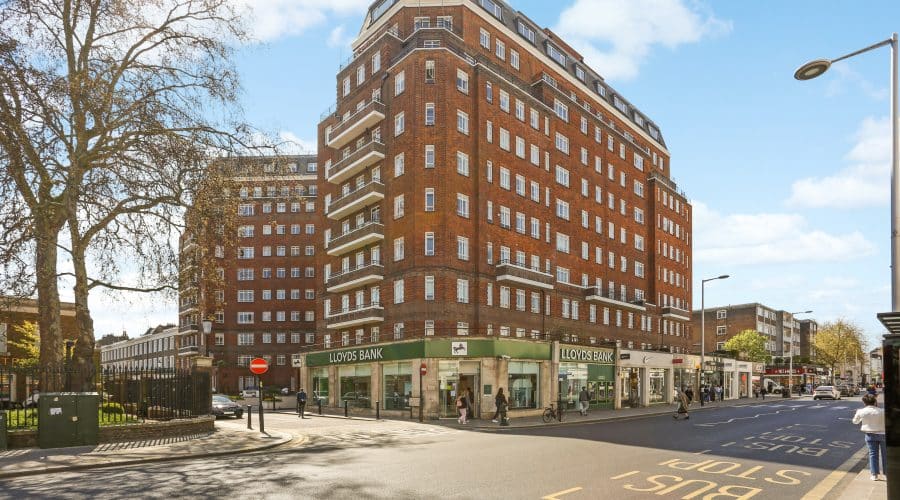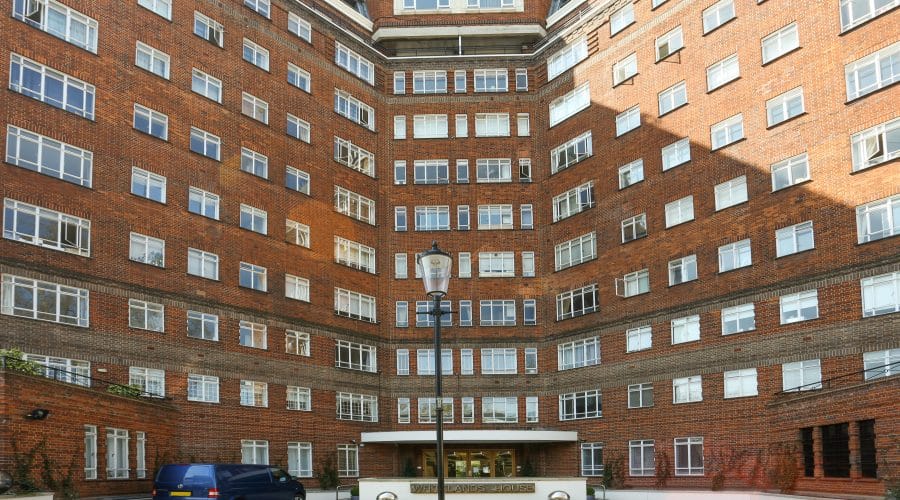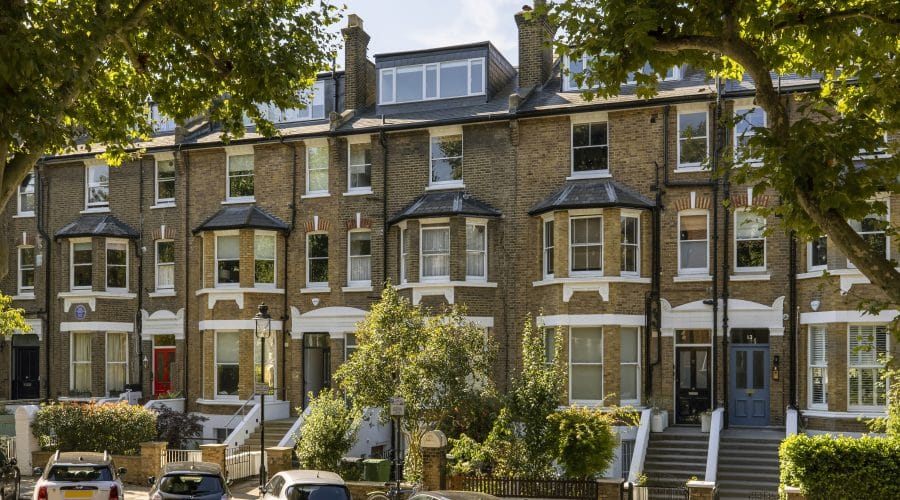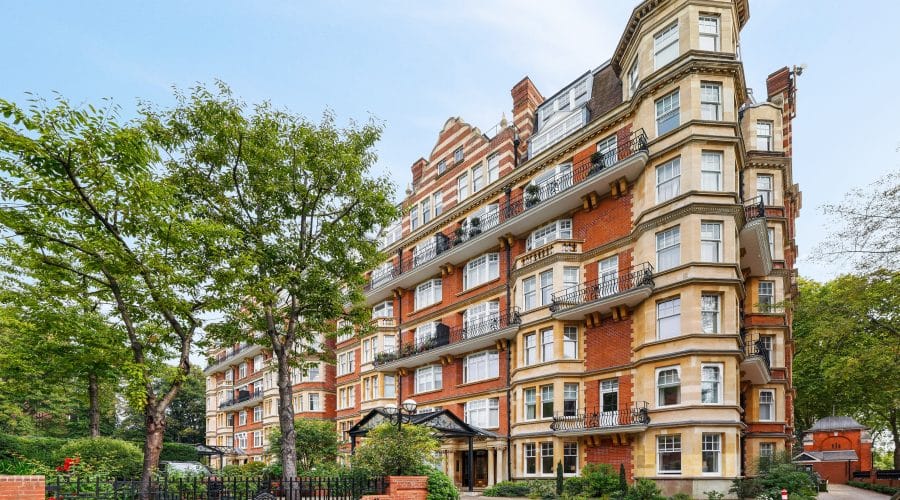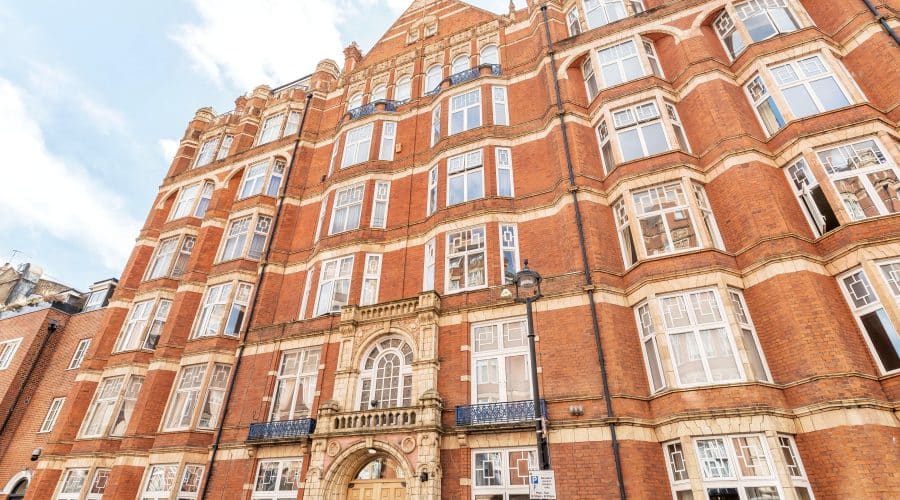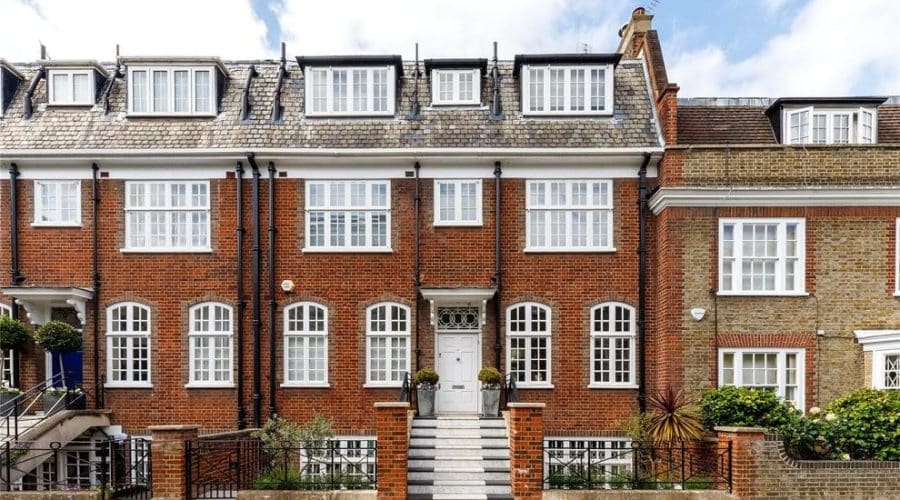By Peter Woodifield in Edinburgh
Britain’s curb on banking bonuses may stunt the recovery in London’s luxury-housing market by wiping out the windfalls that let buyers afford big mortgages, according to property brokers Knight Frank LLP and Savills Plc.
Bankers and financial-services executives are just starting to buy properties again after a year of price declines ended in March. They already account for a smaller proportion of buyers than at the peak of the market, said Liam Bailey, head of residential research at London-based Knight Frank.
“If you take bonuses out of the equation, prices can’t rise as quickly and they will take much longer to return to peak levels,” Bailey said in an interview yesterday. Knight Frank and Savills are the biggest brokers for London houses and apartments costing more than 1 million pounds ($1.6 million).
The U.K.’s five largest banks agreed two days ago to impose limits on bonuses, following guidelines set by the Group of 20 nations at their summit in Pittsburgh last week. Financial companies have cut thousands of jobs in London in the global recession, contributing to a slump in luxury-home prices in districts such as Mayfair and Chelsea.
Slower Declines
Since March, property values in the most expensive areas have fallen at a slower annual pace, Knight Frank estimates. They started to increase on a monthly basis in April and gained 1.3 percent last month. Prices are still 18 percent below their peak and 8.9 percent lower than a year ago.
U.K. house prices as a whole rose 0.9 percent in September, the fifth consecutive monthly increase, Nationwide Building Society said today. Property values returned to the level of a year earlier, the first time since March 2008 that they haven’t been lower on an annual basis.
The improvement in the luxury-homes market is being driven by a scarcity of properties, rather than more purchasers, according to Savills, which is also based in London. The number of homes for sale is about 25 percent less than the average for the past five years, the broker estimates.
Finance-industry workers accounted for 32 percent of luxury-home buyers during the past six months, up from less than 30 percent at the start of the year, Bailey said. That compared with about 40 percent at the market’s peak in 2007.
“Going forward, the bonus equation will be pretty important,” Savills Research Director Lucian Cook said in an interview. “It might take some of the heat out of the top of the market.”
Bonus Pools
Alistair Darling, the chancellor of the Exchequer, met executives from HSBC Holdings Plc, Barclays Plc, Lloyds Banking Group Plc, Royal Bank of Scotland Group Plc and Standard Chartered Plc to sign up to the G-20 principles, the Treasury said. The rules restrict the amount the lenders can devote to their bonus pools and how much they can set aside for deferred payments to executives and traders.
The level of annual bonus payments is closely correlated with movements in the prices of the best properties in central London, Cook said. Even so, the effect of the new rules may be damped by salary increases awarded to bankers to avoid a drop in compensation, he said. That could let them afford larger mortgages.
‘Less Competition’
“The curb on bonuses will result in there being less competition,” said Camilla Dell, managing partner of Black Brick Property Solutions LLC, which helps wealthy individuals find homes in the U.K. capital. “Price rises are bound to be lower if you cut off a large chunk of the buyers.”
Not all bank employees face the prospect of lower bonuses. Goldman Sachs Group Inc. set aside a record $11.4 billion to pay compensation in the first six months of this year. The securities firm has already limited guaranteed bonuses to one year and is paying a larger share in stock as amounts increase.
The pound’s weakness is making London properties more affordable for overseas buyers. Sterling has fallen 28 percent against the dollar and dropped 25 percent against the euro since the height of the boom
In dollar terms, prices for prime London properties were about 50 percent cheaper in March than two years earlier, Bailey said.
